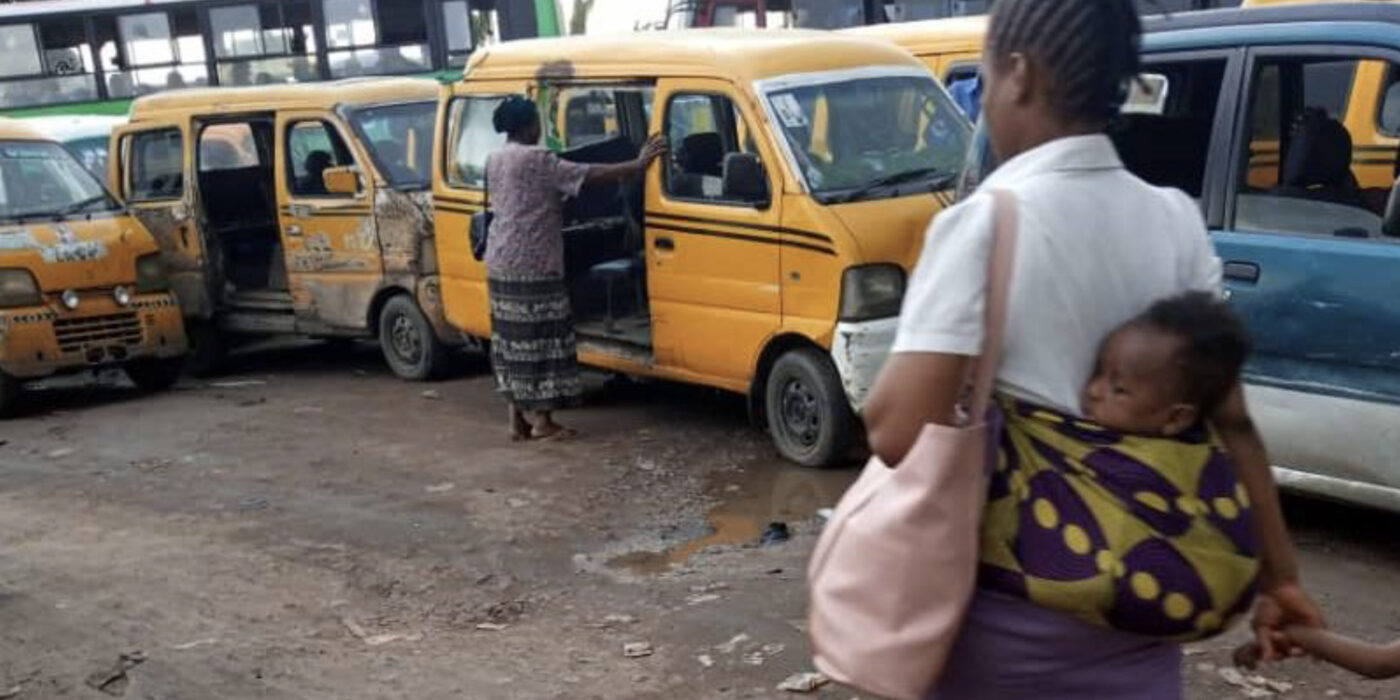
COVID-19 Challenge
Even before the COVID-19 pandemic, women’s needs and rights were overlooked in transport planning and investment. These inequities have been exacerbated by mobility constraints during the COVID-19 pandemic in terms of loss of agency; interruption of empowerment and increase in poverty; disruption of education and skills; return to more traditional caring; and impact on family cohesion and children (increased domestic violence or public sexual harassment and Gender Based Violence).
Approach
Insights into the intersection between gender, mobility, and poverty are not only found in academic literature but also in published reports, policy briefs, and the media. A literature scan of journal papers, policy reports, newspaper articles, and institutional reports and findings was complemented by observations and insights obtained in interviews with key informants in the public sector, private sector and civil society. Key informants in each country were chosen to provide the insights on a representative wide group of women.
Interview responses were tabulated according to the research questions and the final themes include:
- economic impact; transport availability and cost;
- essential workers and transport vulnerability;
- domestic responsibility;
- women transport workers;
- loss of agency;
- personal security, harassment and violence;
- access to physical and mental healthcare;
- education;
- walking;
- cycling and;
- participation in decision making.
Each theme was discussed in terms of the intersection of transport, access, and mobility, and recommendations were drawn from these interview findings.
Findings have been shared with stakeholders, the study report widely shared. The findings have been shared in meetings with the World Bank, C40 cities.
Outcome
Recommendations are based on the level of agreement and the frequency of interviewee comments. A key finding is that gender-sensitive transport planning is in many cases known, but rarely implemented. Thus, recommendations are not always COVID-19 specific, and not necessarily novel, but they are nonetheless valid.
